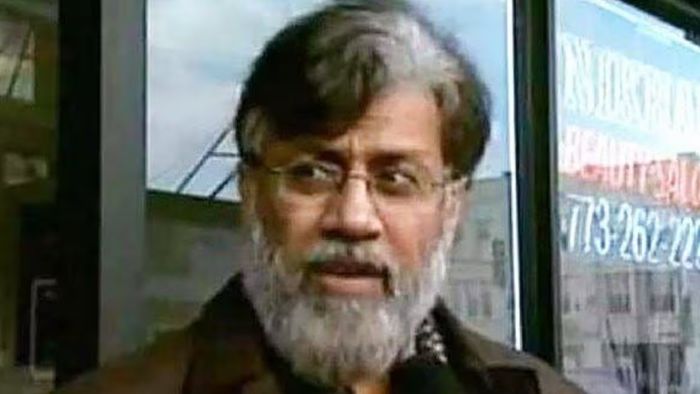US court upholds extradition of 26/11 accused Tahawwur Rana to India
In a significant legal development, the U.S. Court of Appeals for the Ninth Circuit has upheld the extradition of Tahawwur Rana, a Canadian businessman of Pakistani origin, to India. Rana is alleged to have played a pivotal role in the 2008 Mumbai terrorist attacks.

- Aug 17, 2024,
- Updated Aug 17, 2024, 3:29 PM IST
In a significant legal development, the U.S. Court of Appeals for the Ninth Circuit has upheld the extradition of Tahawwur Rana, a Canadian businessman of Pakistani origin, to India. Rana is alleged to have played a pivotal role in the 2008 Mumbai terrorist attacks. The court's decision aligns with the terms of the extradition treaty between the United States and India, signaling a major step forward in the pursuit of justice for the victims of the 26/11 attacks.
The appeals court panel affirmed the district court's previous denial of Rana's habeas corpus petition, which sought to challenge a magistrate judge's certification of his extraditability. Rana had argued against his extradition to India, but the panel concluded that the evidence presented by Indian authorities was both sufficient and compelling, establishing probable cause that he was involved in the heinous crimes.
Also read: Manipur doctors protest against Kolkata doctor's rape and murder
The Mumbai Police had named Tahawwur Rana in a comprehensive 405-page chargesheet in connection with the attacks, accusing him of being an operative for the Pakistani intelligence agency ISI and the militant group Lashkar-e-Taiba. According to the charges, Rana provided critical support to David Coleman Headley, the mastermind behind the attacks, who conducted reconnaissance missions in Mumbai prior to the coordinated assaults that claimed 166 lives.
This ruling marks a critical juncture in the long-standing legal battle surrounding the 26/11 attacks, as Indian authorities now move closer to bringing Rana to face trial on their soil.